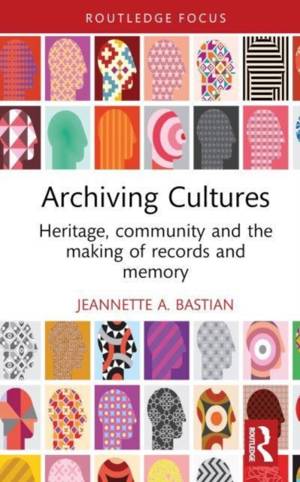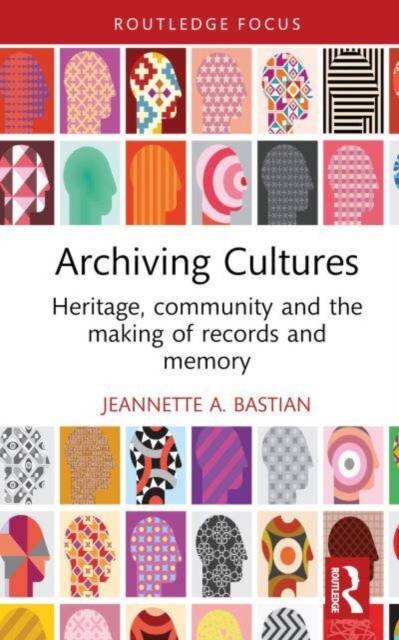
- Retrait gratuit dans votre magasin Club
- 7.000.000 titres dans notre catalogue
- Payer en toute sécurité
- Toujours un magasin près de chez vous
- Retrait gratuit dans votre magasin Club
- 7.000.0000 titres dans notre catalogue
- Payer en toute sécurité
- Toujours un magasin près de chez vous
Description
Archiving Cultures defines and models the concept of cultural archives, focusing on how diverse communities express and record their heritage and collective memory and why and how these often-intangible expressions are archival records. Analysis of oral traditions, memory texts and performance arts demonstrate their relevance as records of their communities.
Key features of this book include definitions of cultural heritage and archival heritage with an emphasis on intangible cultural heritage. Aspects of cultural heritage such as oral traditions, performance arts, memory texts and collective memory are placed within the context of records and archives. It presents strategies for reconciling intangible and tangible cultural expressions with traditional archival theory and practice and offers both analog and digital models for constructing cultural archives through examples and vignettes.
The audience includes archivists and other information workers who challenge Western archival theory and scholars concerned with interdisciplinary perspectives on tangible and intangible cultural heritage. This book is relevant to scholars involved with non-textual materials and will appeal to a range of academic disciplines engaging with "the archive".
Spécifications
Parties prenantes
- Auteur(s) :
- Editeur:
Contenu
- Nombre de pages :
- 118
- Langue:
- Anglais
- Collection :
Caractéristiques
- EAN:
- 9780367548261
- Date de parution :
- 29-03-23
- Format:
- Livre relié
- Format numérique:
- Genaaid
- Dimensions :
- 140 mm x 216 mm
- Poids :
- 294 g

Les avis
Nous publions uniquement les avis qui respectent les conditions requises. Consultez nos conditions pour les avis.






